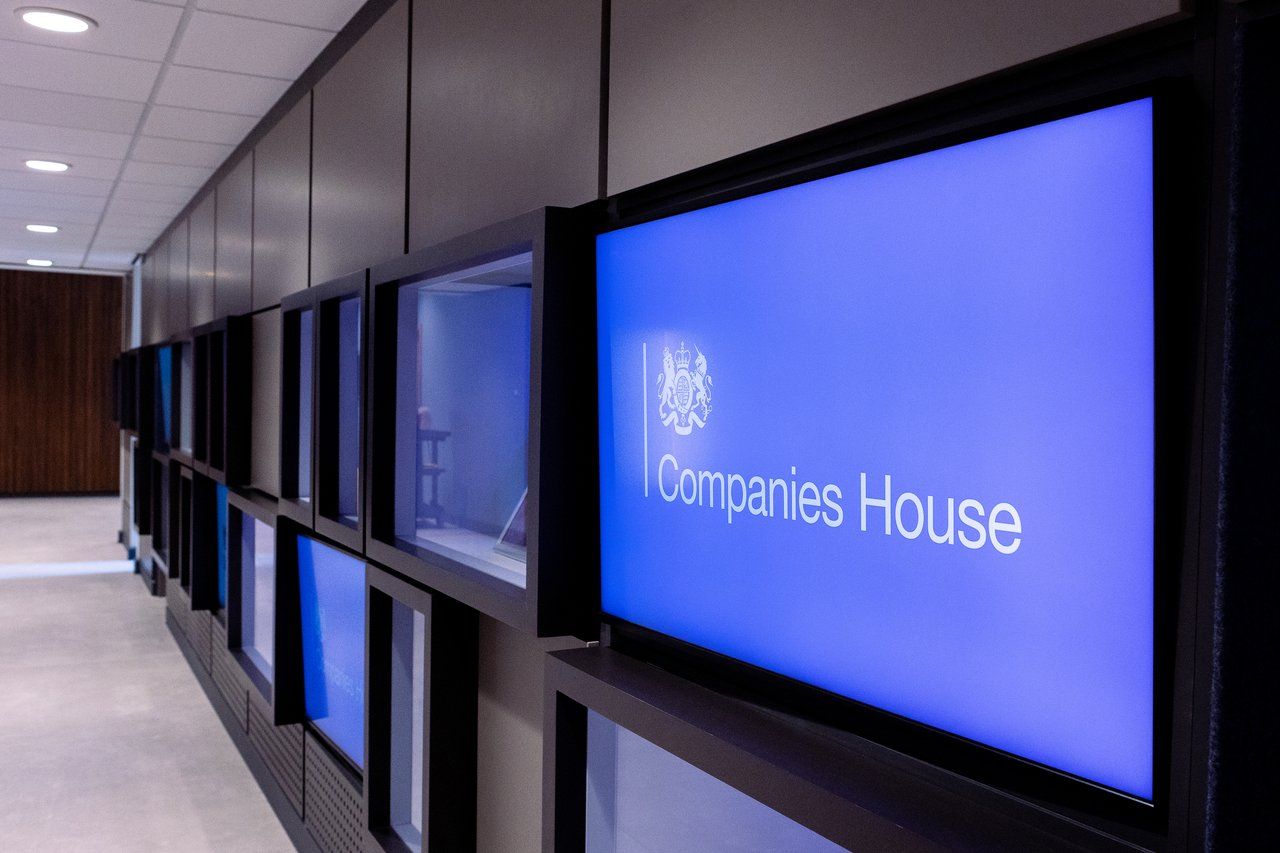R&D tax relief: what counts as ‘research and development’?
As of the Spring 2023 Budget, updates have been made regarding R&D, please also refer to our R&D page for further guidance.
The regime for providing tax incentives for companies carrying out research and development (R&D) has been part of the UK tax legislation for some years. However, many companies who are undertaking R&D are missing out on the tax relief. Friend Partnership consider why this is the case and provide some useful guidance on what activities can be classed as R&D.
Why are companies missing out on R&D tax relief?
In our experience at Friend Partnership, we come across many companies carrying out genuine R&D activity but that have not considered claiming R&D tax relief.
This is usually due to one of three reasons: they aren’t aware of the rules; they have been badly advised by their advisers; or, they may simply think that the process will be too complicated and onerous.
So what can be classed as R&D?
The important starting point is that the R&D activity must involve the resolution of uncertainties that leads to an advance in science and/or technology.
The company must be able to demonstrate that the technical problems they encounter are resolved with original solutions that advance science and technology rather than just advancing the knowledge of the staff members in the company.
An engineer may come up against a problem that he is unable to resolve by talking to appropriately qualified colleagues or by reference to technical resources – the internet or others.
Developing a solution in this case is likely to be R&D even if the work is ultimately unsuccessful. Care is needed with regard to the development of prototypes and HMRC have updated their guidance in this area.
When HMRC review R&D claims they will want to understand the nature of the advance, what problems the company faced, how they overcame them and why the information to address the problem was not readily available to a competent professional working in the field.
Product and process development can count as R&D
The R&D reliefs are not limited to those companies who are creating the latest wonder product. The rules will apply to companies who may be going about their business developing products and processes and dealing with and resolving technical problems as they go.
R&D activity may be undertaken by companies where R&D may not be the first thing that comes to mind when considering the company’s activities. Companies should thus give some thought to their activities to identify any areas where R& D might be a feature. If any are identified, do they fall within the parameters detailed above?
Examples of R&D activity that could be eligible for R&D tax relief
- Manufacturers – in many cases manufacturing companies will face technical problems when producing products for customers. Some of these problems may be resolved in a routine manner, others may require more in-depth work which will fall to be treated as R&D. There are many well-known companies creating cutting edge products where R&D is an obvious element of the work they undertake;
- Metal fabricators – creating a large free-standing metal structure in a hostile environment where temperature variation is a material problem. R&D needed to resolve this issue to ensure that the structure does not fail. R&D may also extend to the fabrication process needed to achieve this;
- Insurance company – developing a new website which provides a customer engagement platform not seen or developed before;
- Architect practices – with individual projects designed for clients there will be many construction methods never attempted before – difficult locations/environments, new materials, new techniques. There will be technical uncertainties which will need to be resolved to complete the designs and delivery of the projects;
- IT companies – there are many examples of IT companies creating bespoke programmes for their own use or for their clients. In many such cases the programme will be unique and will have required detailed examination of algorithms, artificial intelligence and new computer languages to create the finished software package.
What is not classed as R&D activity?
Some companies mistakenly believe that because they describe an activity as R&D then they will be able to access the tax reliefs – they get quite a shock when HMRC reject the claims because the activity does not meet HMRC’s stringent tests.
It is important to appreciate that just because something may be new for the company does not necessarily mean it is R&D – the creation of a new website is not R&D per se, the purchase and installation of a new piece of machinery in a production line is not necessarily R&D, the resolution of problems by searching the internet is not R&D but a simple advancement in the company’s own knowledge.
Care is needed because a false claim for R&D tax relief may be more problematic than no claim at all.
Making an R&D related claim
Once an R&D activity has been established, quantifying the amount of the claim is then largely a secondary issue dictated by rules and guidelines.
HMRC’s resources are such that they cannot check every claim, with the result that some companies may believe that an R&D claim is possible for almost anything – this is sadly not true!
It is important that companies do consider making an R&D claim where they believe what they are doing is unique and meets the various tests detailed above. There are valuable reliefs available that are definitely worth exploring.
Friend Partnership – 100% success in securing R&D tax relief
If you are in any doubt about your own company’s activities and whether they might qualify as R&D, please do not hesitate to get in touch. The R&D tax relief experts at Friend Partnership have extensive experience of successfully advising companies on R&D claims. Contact us for more information.
Click here to read the Friend Partnership R&D tax relief briefing note.
You can also read more about our specialist taxation services here.

The year’s best staged production? Critical Acclaim for Melting Pot Productions’ Paranormal Activity

Friend Partnership is a forward-thinking firm of Chartered Accountants, Business Advisers, Corporate Finance and Tax Specialists, based In The UK
Share this page:




